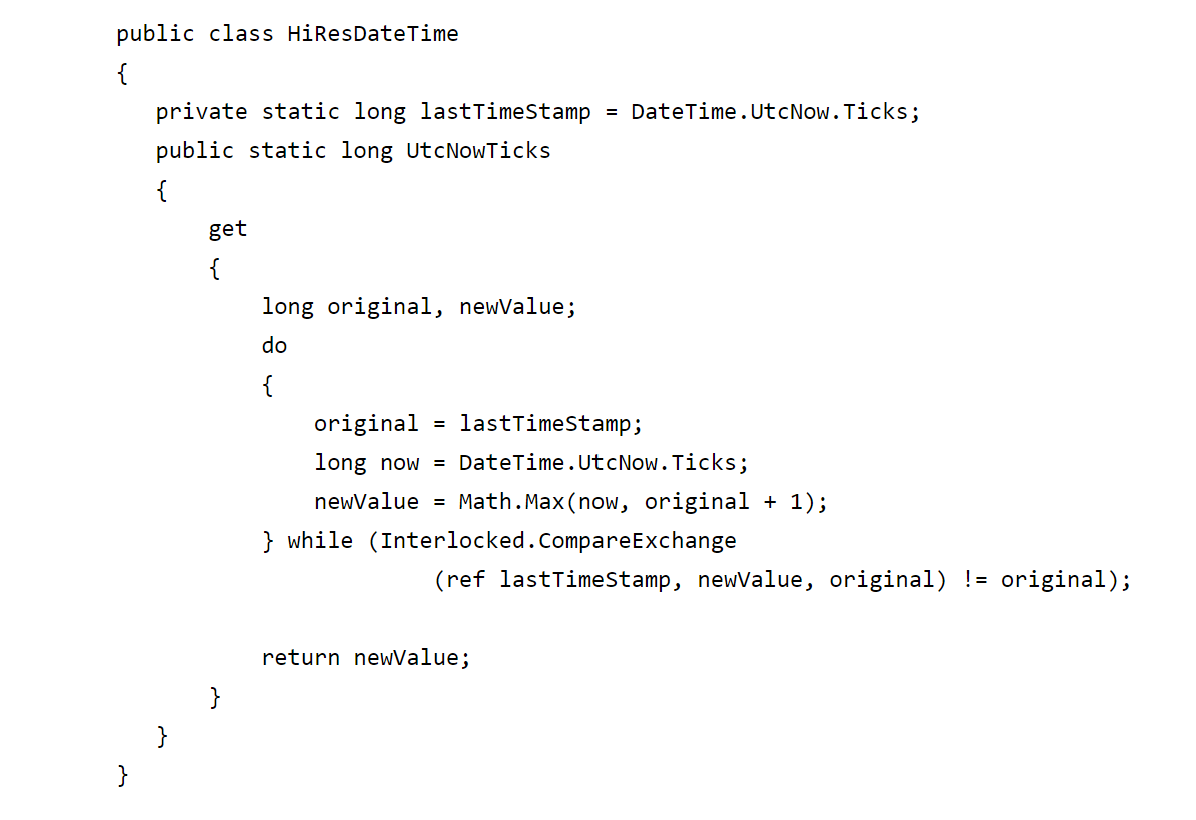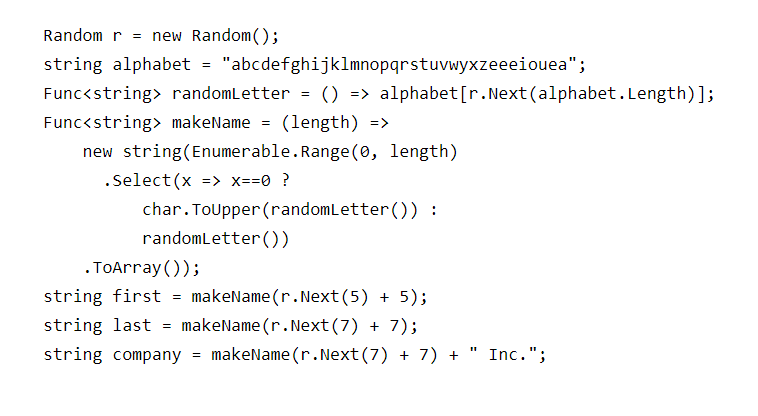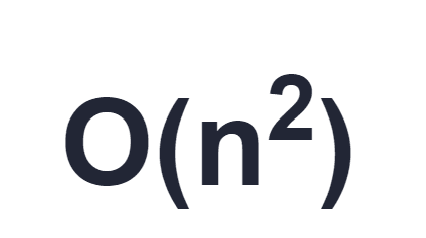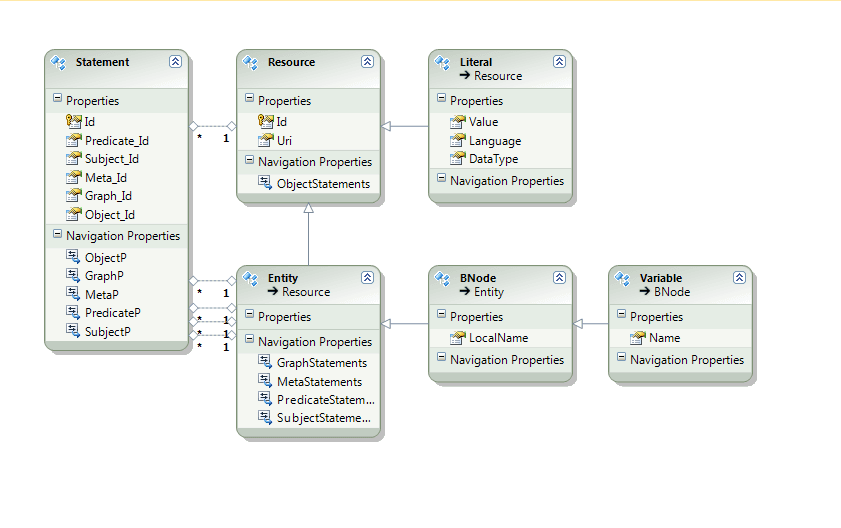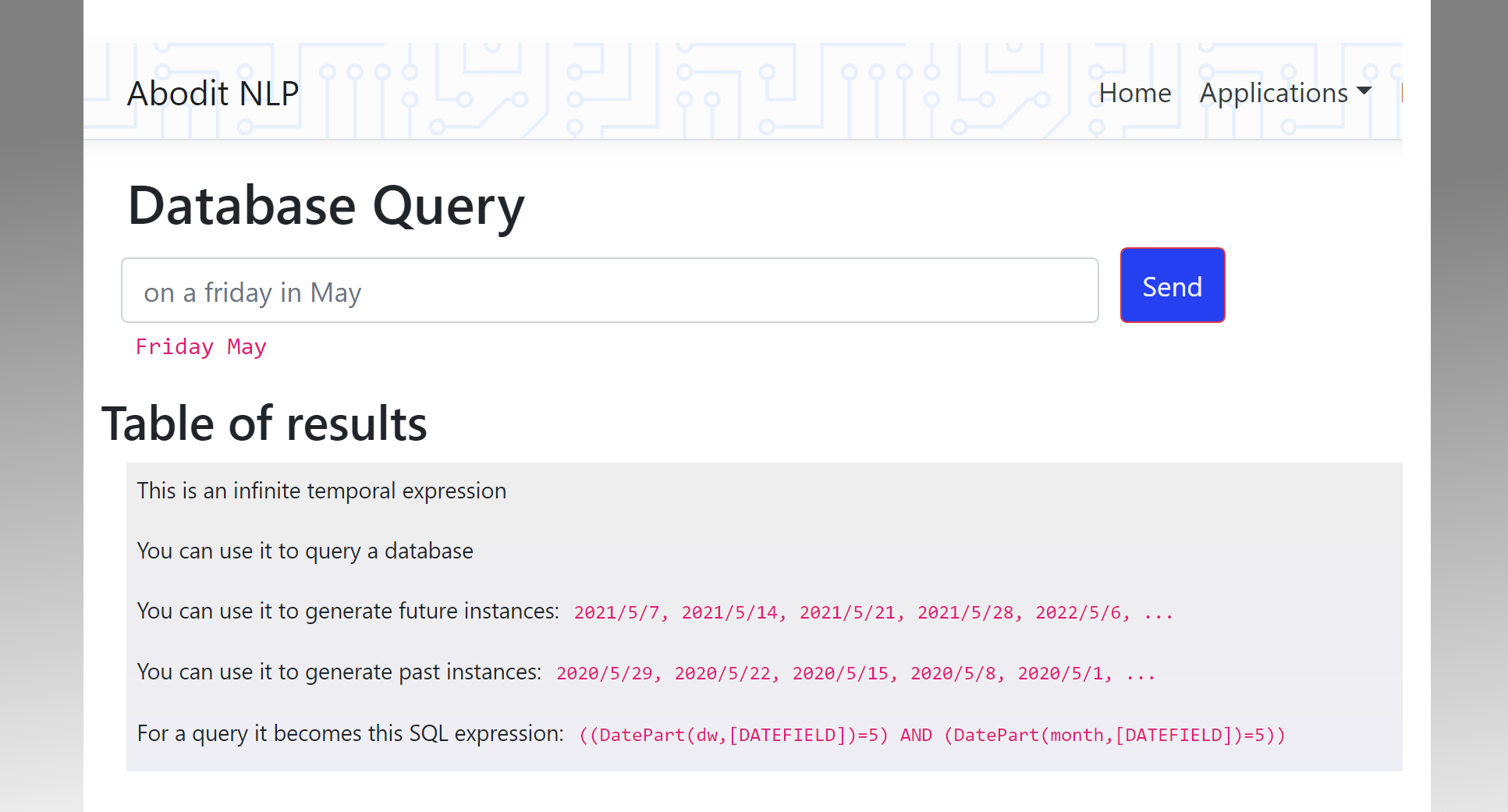A strongly-typed, RegEx-based parser for handling input strings
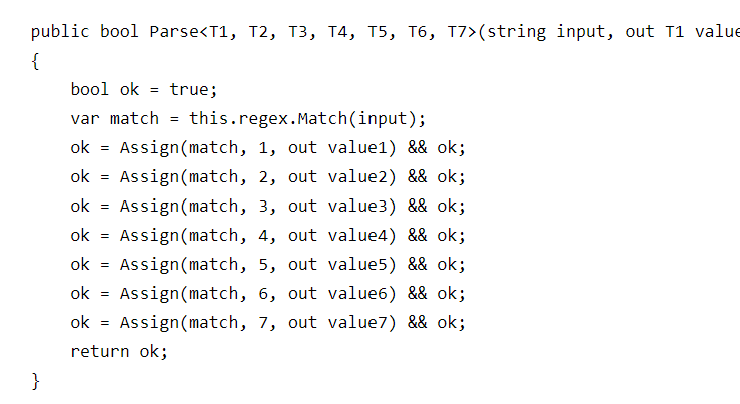
Quite often I am faced with having to parse a string coming from some
other system in the home. These often have odd delimiter characters in
them, for example, "# 123 VO256 SP256+". I used to have a lot of code
that attempts to parse such strings using String.Split() and
int.TryParse() and a whole lot of code to check that the results are
valid. But some time ago I switched to the class below that takes a
regular expression defining the groups to parse and then provides a
strongly typed method to extract the values.
For example, you can parse that string I just mentioned using this:
var sp = new Parser("# (d+) VO(d+) SP(d+)\+");
int a, b, c;
bool ok = sp.Parse<int, int, int>("# 123 VO256 SP256+", out a, out b, out c);
Below is the parser class. Of note is the way the conversion is handled
from a matched string to the type specified using TypeDescriptor.GetConverter(). Doing it this way allows for a wide
variety of different types to be handled.
/// <summary>
/// A strongly typed parse result containing up to 5 elements, each individually strongly typed
/// </summary>
public class Parser
{
readonly Regex regex;
public Parser(string regularExpression)
{
this.regex = new Regex(regularExpression, RegexOptions.Compiled);
}
public bool Parse<T>(string input, out T value1)
{
bool ok = true;
var match = this.regex.Match(input);
ok = Assign(match, 1, out value1) && ok;
return ok;
}
public bool Parse<T1, T2>(string input, out T1 value1, out T2 value2)
{
bool ok = true;
var match = this.regex.Match(input);
ok = Assign(match, 1, out value1) && ok;
ok = Assign(match, 2, out value2) && ok;
return ok;
}
public bool Parse<T1, T2, T3>(string input, out T1 value1, out T2 value2, out T3 value3)
{
bool ok = true;
var match = this.regex.Match(input);
ok = Assign(match, 1, out value1) && ok;
ok = Assign(match, 2, out value2) && ok;
ok = Assign(match, 3, out value3) && ok;
return ok;
}
public bool Parse<T1, T2, T3, T4>(string input, out T1 value1, out T2 value2, out T3 value3, out T4 value4)
{
bool ok = true;
var match = this.regex.Match(input);
ok = Assign(match, 1, out value1) && ok;
ok = Assign(match, 2, out value2) && ok;
ok = Assign(match, 3, out value3) && ok;
ok = Assign(match, 4, out value4) && ok;
return ok;
}
public bool Parse<T1, T2, T3, T4, T5>(string input, out T1 value1, out T2 value2, out T3 value3, out T4 value4, out T5 value5)
{
bool ok = true;
var match = this.regex.Match(input);
ok = Assign(match, 1, out value1) && ok;
ok = Assign(match, 2, out value2) && ok;
ok = Assign(match, 3, out value3) && ok;
ok = Assign(match, 4, out value4) && ok;
ok = Assign(match, 5, out value5) && ok;
return ok;
}
public bool Parse<T1, T2, T3, T4, T5, T6>(string input, out T1 value1, out T2 value2, out T3 value3, out T4 value4, out T5 value5, out T6 value6)
{
bool ok = true;
var match = this.regex.Match(input);
ok = Assign(match, 1, out value1) && ok;
ok = Assign(match, 2, out value2) && ok;
ok = Assign(match, 3, out value3) && ok;
ok = Assign(match, 4, out value4) && ok;
ok = Assign(match, 5, out value5) && ok;
ok = Assign(match, 6, out value6) && ok;
return ok;
}
public bool Parse<T1, T2, T3, T4, T5, T6, T7>(string input, out T1 value1, out T2 value2, out T3 value3, out T4 value4, out T5 value5, out T6 value6, out T7 value7)
{
bool ok = true;
var match = this.regex.Match(input);
ok = Assign(match, 1, out value1) && ok;
ok = Assign(match, 2, out value2) && ok;
ok = Assign(match, 3, out value3) && ok;
ok = Assign(match, 4, out value4) && ok;
ok = Assign(match, 5, out value5) && ok;
ok = Assign(match, 6, out value6) && ok;
ok = Assign(match, 7, out value7) && ok;
return ok;
}
public bool Parse<T1, T2, T3, T4, T5, T6, T7, T8>(string input, out T1 value1, out T2 value2, out T3 value3, out T4 value4, out T5 value5, out T6 value6, out T7 value7, out T8 value8)
{
bool ok = true;
var match = this.regex.Match(input);
ok = Assign(match, 1, out value1) && ok;
ok = Assign(match, 2, out value2) && ok;
ok = Assign(match, 3, out value3) && ok;
ok = Assign(match, 4, out value4) && ok;
ok = Assign(match, 5, out value5) && ok;
ok = Assign(match, 6, out value6) && ok;
ok = Assign(match, 7, out value7) && ok;
ok = Assign(match, 8, out value8) && ok;
return ok;
}
public bool Parse<T1, T2, T3, T4, T5, T6, T7, T8, T9>(string input, out T1 value1, out T2 value2, out T3 value3, out T4 value4, out T5 value5, out T6 value6, out T7 value7, out T8 value8, out T9 value9)
{
bool ok = true;
var match = this.regex.Match(input);
ok = Assign(match, 1, out value1) && ok;
ok = Assign(match, 2, out value2) && ok;
ok = Assign(match, 3, out value3) && ok;
ok = Assign(match, 4, out value4) && ok;
ok = Assign(match, 5, out value5) && ok;
ok = Assign(match, 6, out value6) && ok;
ok = Assign(match, 7, out value7) && ok;
ok = Assign(match, 8, out value8) && ok;
ok = Assign(match, 9, out value9) && ok;
return ok;
}
public bool Parse<T1, T2, T3, T4, T5, T6, T7, T8, T9, T10>(string input, out T1 value1, out T2 value2, out T3 value3, out T4 value4, out T5 value5, out T6 value6, out T7 value7, out T8 value8, out T9 value9, out T10 value10)
{
bool ok = true;
var match = this.regex.Match(input);
ok = Assign(match, 1, out value1) && ok;
ok = Assign(match, 2, out value2) && ok;
ok = Assign(match, 3, out value3) && ok;
ok = Assign(match, 4, out value4) && ok;
ok = Assign(match, 5, out value5) && ok;
ok = Assign(match, 6, out value6) && ok;
ok = Assign(match, 7, out value7) && ok;
ok = Assign(match, 8, out value8) && ok;
ok = Assign(match, 9, out value9) && ok;
ok = Assign(match, 10, out value10) && ok;
return ok;
}
private bool Assign<X>(Match match, int index, out X value)
{
if (match.Success)
{
Group group = match.Groups[index];
var stringValue = group.Value;
var foo = TypeDescriptor.GetConverter(typeof(X));
value = (X)(foo.ConvertFromInvariantString(stringValue));
return true;
}
else
{
value = default(X);
return false;
}
}
}
